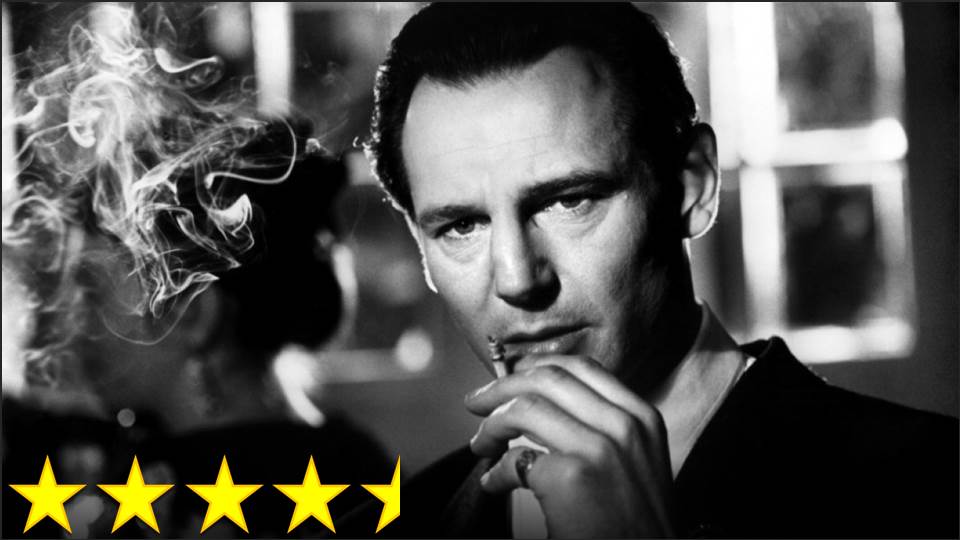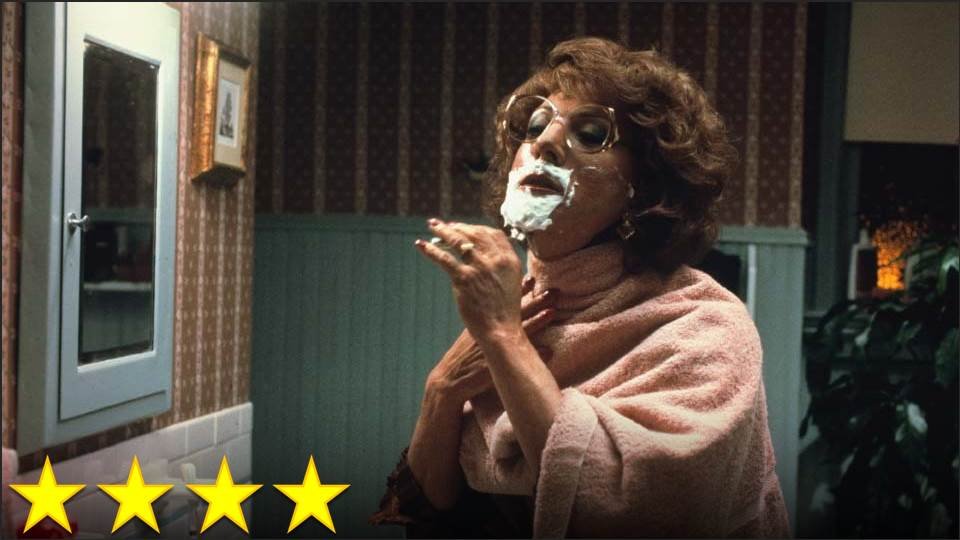Seeing as how I’m obviously in no position to write a review of this film, I’ll just comment on one aspect of the film that I believe ought to set an example for other filmmakers. This movie is one of the few exceptions to the general rule that Spielberg specializes in a sentiment that J. D. Hansel will never understand or learn to like, but what I appreciate here in particular is Spielberg’s understanding of the value of black and white. By the 1990s, it’s no wonder why audiences had come to assume that color films were the default and black and white films are deviants. It’s nice to see a film that sees how making a black and white film in the age of color has its advantages. Black and white allows the filmmaker to make some scenes on location with strikingly raw realism and others on a set with highly-stylized film noir-like expressionism, with all of them fitting together beautifully. There’s no sense that this film is inconsistent in style (even though it is) because the modern viewer sees all of it as the same style: black and white.
Since Orson Welles would say that one of the main benefits (if not the main benefit) of colorless film is that the actors look better and their performances hit harder, which I think I can agree with, I have to ask the question: why should we even have color if film works better without it? The answer, in my view, is this: color is only worth using if you’re going to use it well. Usually this means vibrancy and theatricality, like the color in Dick Tracy, but other times it means using color as a communication device for purely practical reasons. With the girl in the red coat, Spielberg shows that using color in a way that’s simply functional (in this case it’s just an identifier, nothing more) can actually create a greater sense of meaning than the use of color in the average color film. With such a masterful film that holds the special honor of being both highly unconventional and extremely popular with audiences, there’s a lot that I could take away from it, but this was the main lesson for me, and I think it’s a very, very good one.



